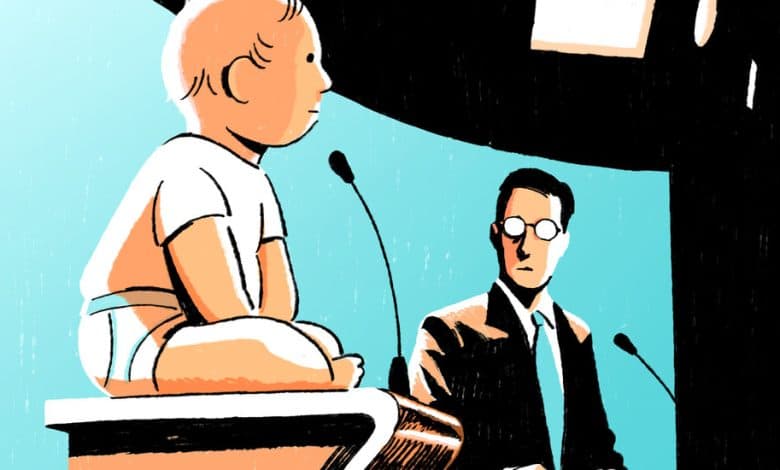The Success Narratives of Liberal Life Leave Little Room for Having Children

For young, secular, politically progressive men and women, having children has become something of an afterthought. Liberal conventional wisdom encourages people to spend their 20s on journeys of personal and professional self-discovery and self-fulfillment. Children are treated as a bonus round, something to get to only after completing a long list of achievements: getting a degree, forging a satisfying and well-established career, buying a house, cultivating the ideal romantic partnership.
The standards of readiness for family are at once so high and so vague that it’s hardly a surprise when people fail to reach them. Indeed, the data suggest that people are having children later than they used to and are having fewer than they’d like.
For progressives, waiting to have children has also become a kind of ethical imperative. Gender equality and female empowerment demand that women’s self-advancement not be sacrificed on the altar of motherhood. Securing female autonomy means that under no circumstances should a woman be rushed into a reproductive decision — whether by an eager partner or tone-deaf chatter about ticking biological clocks. Unreserved enthusiasm for having children can come across as essentially reactionary.
Over the past four years, we’ve conducted interviews and surveys with hundreds of young Americans about their attitudes toward having children. These conversations revealed that the success narratives of modern liberal life leave little room for having a family. Women who want kids often come to that realization belatedly, at some point in their early 30s — the so-called panic years. If they are lucky, their partner (if they have one) will fall in line. If they are not, they face a choice of returning to the dating pool, freezing their eggs (if they haven’t done so already), single parenting or giving up their hope of having kids of their own.
In this way, the logic of postponement that has been promoted by liberals and progressives — and bolstered by overblown optimism about reproductive technologies — robs young people of their agency. How many children they have, and even whether they have them at all, is increasingly a decision made for them by circumstance and cultural convention.
This is not just a recipe for unhappiness; it also reflects a deep confusion. There is nothing inherently unprogressive about embracing the prospect of children. Even Simone de Beauvoir, the philosopher who was among the first to critique reproduction and family as instruments for the oppression of women, acknowledged that shaping the character and intellect of another human being was “the most delicate and the most serious undertaking of all.” While certain conservative visions of family life — such as “trad wives” and Silicon Valley pronatalism — no doubt have little to offer those on the left, our fellow progressives need to stop thinking of having children as a conservative hobbyhorse and reclaim it for what it is: a fundamental human concern.
